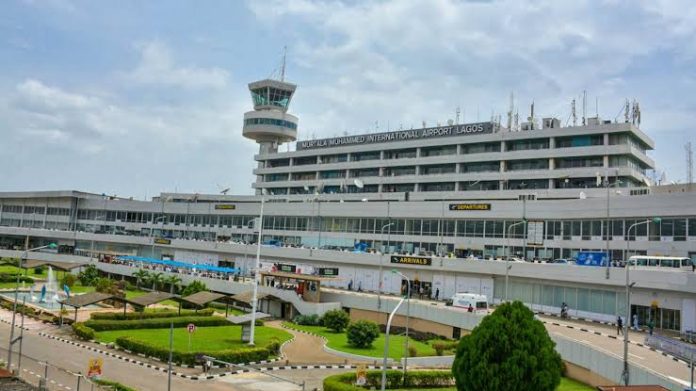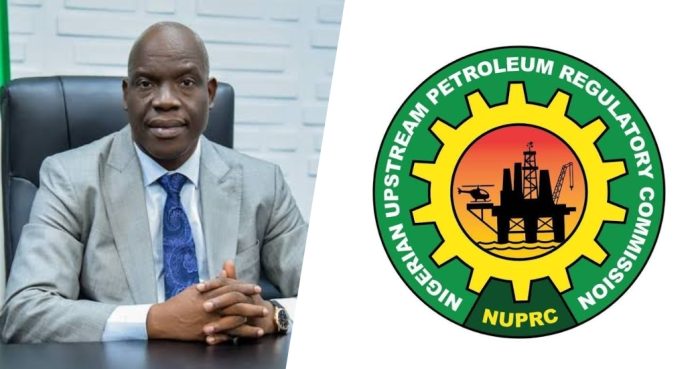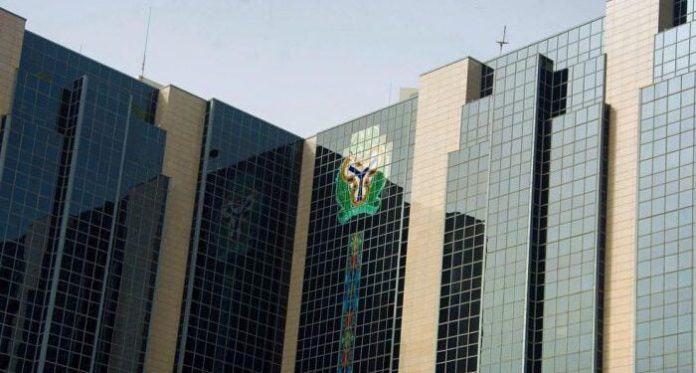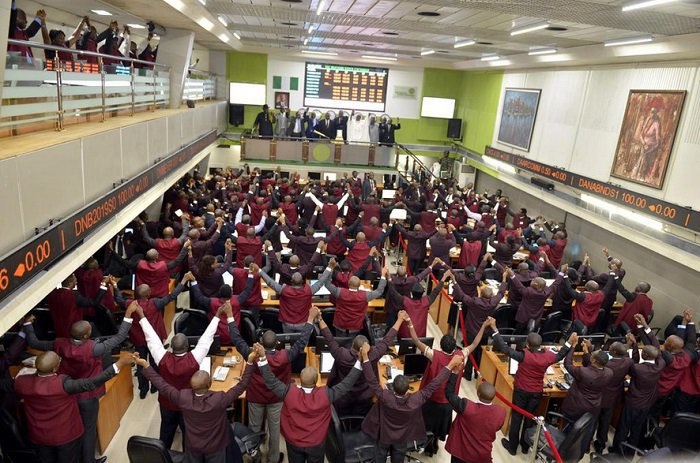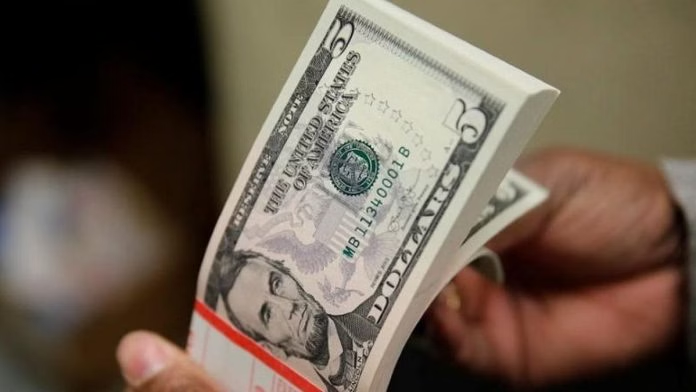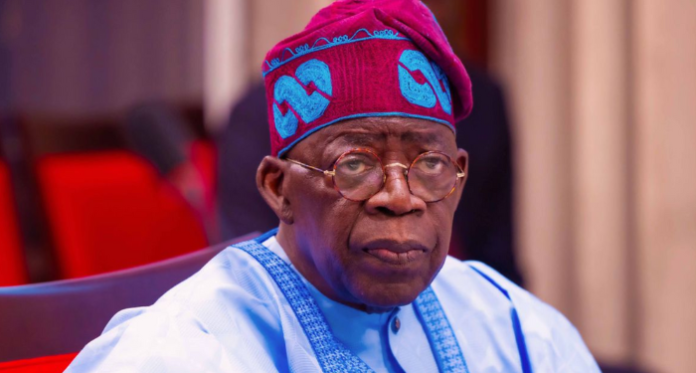Nigeria has taken a major step toward reducing the 200m dollar spent yearly on overseas aircraft repairs following new agreements signed with Boeing and Cranfield University to establish modern maintenance repair overhaul facilities in the country.
The Federal Government said the development will help reverse decades of capital flight that has forced local airlines to conduct major maintenance checks abroad. According to officials, Aero Contractors and XEJet will spearhead the initial rollout of the new maintenance hubs planned for Lagos and Abuja.
President Bola Tinubu, represented by the Secretary to the Government of the Federation, Senator George Akume, said the decision is part of a broader effort to reposition Nigeria’s aviation industry for long-term growth. Speaking at the Nigeria International Airshow in Abuja, he noted that the country recently marked one hundred years of aviation activity, with the airshow signalling a new phase of expansion.
The President said Nigeria handled 15.89m passengers in 2023 and that projections by the Nigeria Civil Aviation Authority indicate an increase to 25.7m passengers by 2029. Revenue in the sector is also expected to rise to 2.58bn dollars within the same period.
He added that the Federal Government is investing heavily in aerodrome upgrades, including a 712bn naira modernisation of the Lagos airport. Tinubu said Nigeria now ranks first in Africa for compliance with international aviation standards after raising its Cape Town Convention score from 49.5 per cent to 75.5 per cent, a development he said has unlocked access to lower cost aircraft financing.
He explained that aviation contributes 2.5 per cent to national GDP and is supported by twenty airports, twenty three domestic airlines and thousands of professionals. Tinubu said the goal is to build a sustainable aviation ecosystem that strengthens national competitiveness, creates jobs and positions Nigeria as the regional hub for West and Central Africa.
In his remarks, Minister of Aviation and Aerospace Development, Festus Keyamo, said Nigeria has finally joined the global circuit of airshows where innovation, investment and policy discussions shape the evolution of the industry. He described the inaugural event as an ambitious first step that will grow in scale and quality in the coming years.
Keyamo said the transformation in the sector under the Renewed Hope Agenda includes stronger aircraft financing frameworks driven by the implementation of the Cape Town Convention and the activation of the Irrevocable Deregistration and Export Request Authorisation by the Nigerian Civil Aviation Authority. These reforms, he said, have improved investor confidence and expanded leasing opportunities for Nigerian operators.
He noted that the airshow is more than an exhibition, calling it a signal of intent that Nigeria is ready to innovate, collaborate and compete globally. The minister said the platform will expose young Nigerians to opportunities in aerospace engineering, defence systems, drone technology and other emerging segments of the aviation industry.












